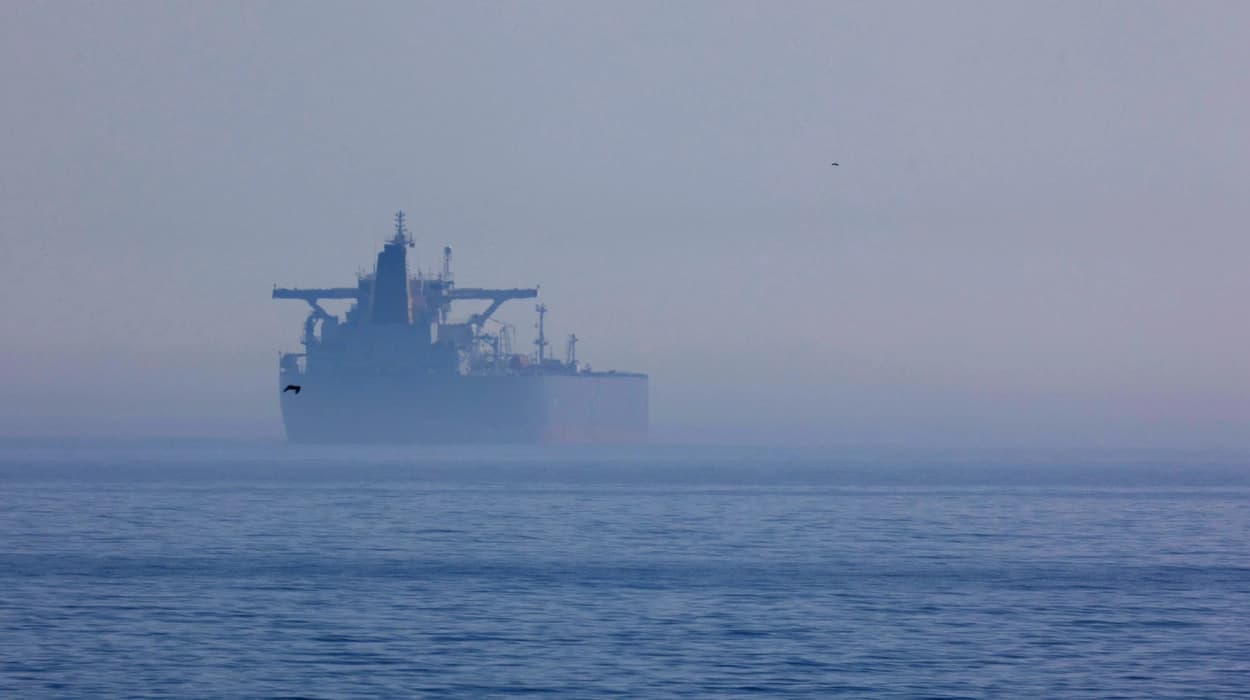Oil prices edged lower as EU sanctions on Russian crude
showed minimal immediate effect on market supplies and global pricing, according
to recent market observations. Analysts suggest that sanctions’ limited impact
is due to existing stockpiles, alternative supply routing, and global demand
dynamics.
Current situation with oil prices amid EU sanctions on Russian crude
Oil markets have experienced a slight decline following the
imposition of new European Union sanctions targeting Russian crude oil exports.
Despite the sanctions being designed to curb Russian oil revenues, the
immediate market reaction appears muted. As reported by Artemis.bm, oil prices
slipped but did not witness sharp spikes or shortages. This restrained
impact is attributable to factors such as existing inventory buffers and
rerouting of crude supplies to non-EU buyers.
Why are EU sanctions on Russian crude having little immediate impact?
Several elements contribute to the limited effect of EU
sanctions on Russian crude, as reported by Artemis.bm and other industry
observers:
- Stockpile
Resilience: Global and regional inventories remain sufficiently
stocked, cushioning the initial impact of supply restrictions.
- Alternative
Markets: Russia has increasingly diverted its crude exports to
markets outside the EU, especially to Asia, mitigating potential EU market
shortfalls.
- Global
Demand Trends: The continued volatility in demand, influenced by
economic conditions in major oil-consuming countries, also dulls the
sanctions’ immediate effect on prices.
This aligns with recent analytical reports from leading ILS
and market intelligence sources that underline the complexity of the current
oil market dynamics post-sanctions.
How have other industry sectors reacted to these geopolitical developments?
The insurance-linked securities (ILS) and reinsurance
industry, as covered by Artemis.bm, has been notably active, with catastrophe
bonds and risk transfer markets demonstrating resilience despite broader
geopolitical tensions affecting the energy sector. More specifically, Aon
recently documented that insured catastrophe losses have surged in 2025, but
associated securities like catastrophe bonds have seen record issuances. Such
financial instruments are increasingly factored into risk management strategies
amid global uncertainties.
Broader Geopolitical significance of the EU sanctions on Russian oil
The EU’s sanctions form part of ongoing efforts to impose
economic pressure on Russia amid current geopolitical conflicts. While the
sanctions target Russian crude exports to reduce their revenue streams — a
critical economic lever — the immediate market reaction, as noted by
Artemis.bm, shows a lower-than-expected disruption due to global adjustments in
supply chains.
This complex geopolitical environment continues to evolve
with diplomatic and economic waves that influence markets beyond just crude
oil, encompassing global insurance and financial sectors.
What statements have been made by experts or industry leaders?
While no single direct quote on this specific sanction’s
immediate effect was prominently highlighted in the source materials, industry
leaders like Greg Hagood and Jessica Laird of Nephila Capital have noted in
Artemis.bm how evolving ownership and market conditions have strengthened
platforms managing risk, indicating adaptive strategies in a dynamic market. Their
insights suggest that financial markets related to risk transfer adapt swiftly
even amid sanctions-driven disruptions in underlying commodity markets.
How are oil market analysts interpreting the sanctions’ effectiveness?
Market analysts assessing the sanctions on Russian crude
often emphasise that while sanctions are a powerful political tool, their
market impact is sometimes delayed by supply chain reconfigurations and diverse
global demand. Artemis.bm’s comprehensive coverage recognises that although
sanctions have a crucial intention, their short-term market effect can be
moderated by strategic stockpiling and diversion tactics by sanction-targeted
exporters.
What does this mean for consumers and global energy supplies?
For consumers, the limited immediate price effect suggests
temporary relief from sharp fuel price hikes commonly feared with such
sanctions. However, long-term impacts could emerge if sanctions persist and
global supply chains face further constraints. As the Artemis report hints, the
balance between geopolitical actions and market forces will continue to dictate
the trajectory of global energy prices.
Are there any other noteworthy developments in the insurance or finance sectors linked to these energy market changes?
The insurance-linked securities market remains highly
active, even in the face of volatility triggered by geopolitical events and
natural disasters. Artemis.bm reports record activity in catastrophe bond
issuances, with nearly $23 billion issued over a recent 12-month period,
underlying strong investor interest in managing large-scale risks parallel to
energy market risks.
Additionally, new UK government measures aim at enhancing
regulatory frameworks relevant to insurance-linked securities, signalling
governmental support for financial innovation tied indirectly to complex risk
landscapes shaped partly by global energy politics.
While the EU sanctions on Russian
crude oil aimed at weakening Russian economic capacity, the oil markets have
shown only slight price declines so far, buffered by robust stockpiles and
strategic reallocation of crude exports globally. The wider financial markets
connected to risk and reinsurance continue to adapt actively amid these
geopolitical tensions, highlighting a complex but resilient global economic
interplay.
